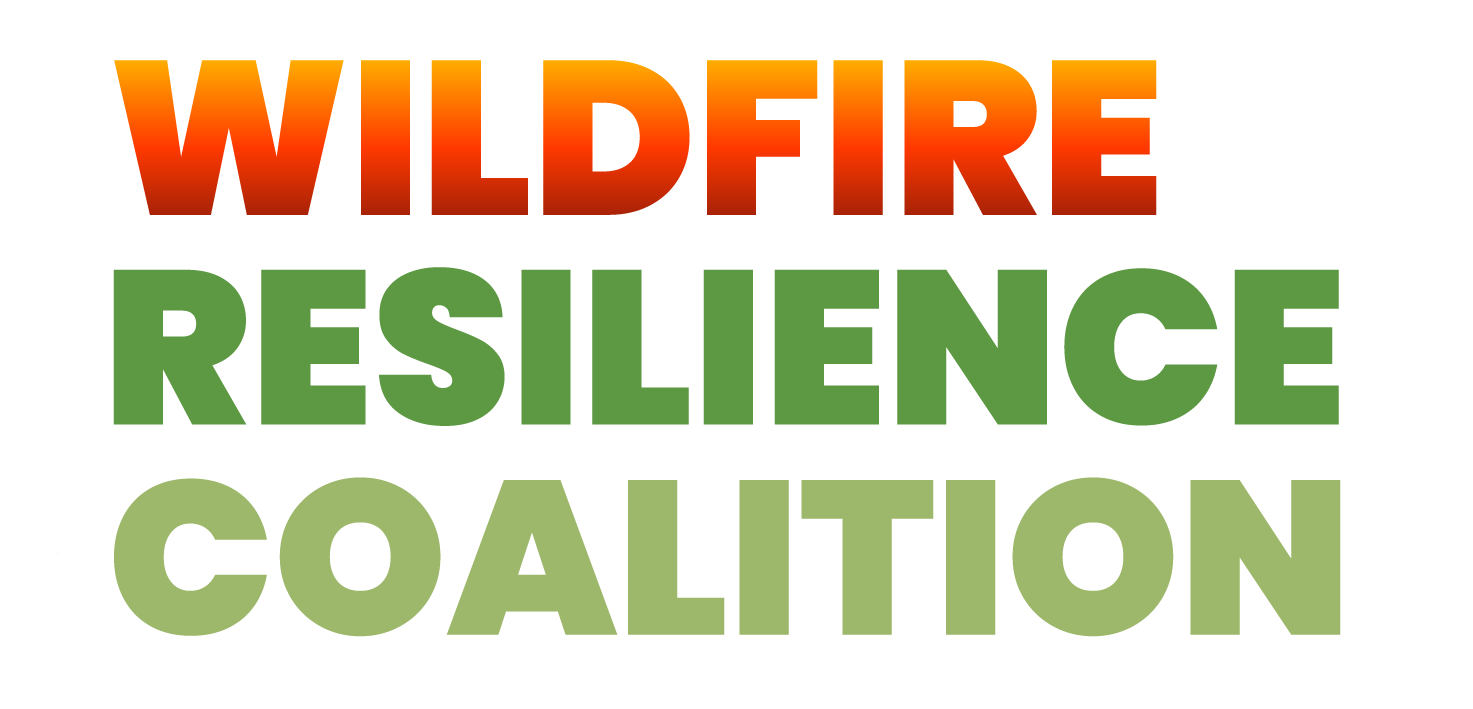About Us
Wildfire Resilience Coalition
The Wildfire Resilience Coalition (WRC) seeks to help federal, tribal, state, local, and private partners realize transformational change in how wildfire risk is managed in the United States. Our members include key stakeholders, partners, and implementers who are critical to successful implementation across all lands and is intended to offer a focal point for engagement among diverse interests within the administration, Congress, and policy and opinion leaders.
Why a Coalition
The members of the WRC aim to both support the leaders of federal land and fire management agencies as they implement this surge in funding in a way that breaks from the status quo and offers a platform for shared accountability. Improving implementation of these investments requires better coordination with partners on shared outcomes, more transparency in prioritization of investments, and expedited implementation of science-based mitigation measures.
Timely, but ultimately effective, implementation of existing funding sources are necessary to ensure continued congressional and public support for the long-term investments required to protect communities, restore healthy forests and rangelands, maintain important source watershed functions, sustain abundant fish and wildlife populations, and reduce greenhouse gas emissions from unnaturally large and severe wildfires.
Our History
Building on the success of the diverse coalition that led to the 2018 Fire Fix, organizations and individuals within the conservation and forest community seek to come together again to focus efforts around wildfire resilience through implementation of recent federal funding surges. In early summer 2022 and recognizing the need to address both the wildfire crisis and the recent passage of forest health-related funding legislation, conservation partners sensed an opportunity to come together to articulate a paradigm shift to mitigate wildfire risk.
Formally launched in late Fall 2022 and modelled on prior coalition efforts, the Wildfire Resilience Coalition (WRC) seeks to identify and resolve barriers and create a community of accountability. Comprised of stakeholders at local, regional, and national levels in federal, state, tribal, industry, conservation, community, and academic groups, founding members of the coalition agreed to a charter in early 2023 to affirm their collaborative work focusing on two of the three tenets of the National Cohesive Wildland Fire Management Strategy — Resilient Landscapes and Fire-Adapted Communities.
Investment
From 2021 to 2022, Congress passed a series of investments through the Infrastructure Investment and Jobs Act (IIJA) and the Inflation Reduction Act (IRA) of 2022 to address the mounting wildfire crisis. As a result, for the first time, programs to reduce wildfire risk and build resilience were funded at levels that began to approach the scale and scope needed to meet the challenges at hand.
This surge in spending temporarily rebalanced expenditures to more closely meet wildfire resilience investment needs in the United States. Now, it is critical that we maintain robust support for wildfire resilience through ample funding, strategic focus, innovation, coordination, and accountability.
© Allison Jolley/Watershed Research Training center
Coalition Participants
- American Forest Resource Council
- American Forests
- American Lung Association
- Beneficial Fire Working Group
- Climate and Wildfire Institute
- Ecological Restoration Institute
- Environmental Defense Fund
- Federal Forest Resource Coalition
- Federation of American Scientists
- Forest Stewards Guild
- Grassroots Wildland Firefighters
- Hardigg Solutions
- Intertribal Timber Council
- Megafire Action
- Mt. Adams Resource Stewards
- National Association of Counties
- National Association of Forest Service Retirees
- National Association of State Foresters
- National Forest Foundation
- Outdoor Alliance
- Pacific Forest Trust
- Public Lands Foundation
- Roaring Fork Valley Wildfire Collaborative
- Rural Voices for Conservation Coalition
- Silvix Resources
- SMW Law
- Society of American Foresters
- Southern Willamette Forest Collaborative
- Sustainable Northwest
- Team Rubicon
- The Nature Conservancy
- The Watershed Research and Training Center
- The Wilderness Society
- Theodore Roosevelt Conservation Partnership
- University of California Cooperative Extension
- University of Oregon
- Western Council of State Foresters
- Western Governors’ Association
- Wild Montana
- Alliance for Wildfire Resilience
- Torchbearr
- Wildland Fire Leadership Council
